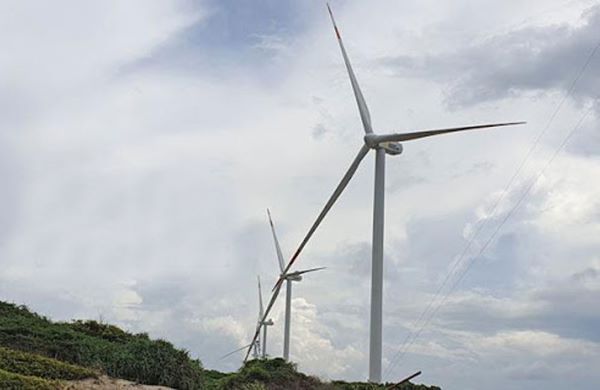Coro Energy Plc, a UK-based company with a focus on Southeast Asia, is expanding its renewable energy portfolio with plans for a second wind power project in the Philippines. The project, a 100-MW installation located in Oslob municipality within the province of Cebu, aims to leverage the region’s wind resources for sustainable energy generation.
Recently, Coro Energy announced that it has submitted an application to the Philippines Department of Energy (DoE) for a second wind energy service contract (WESC). This initiative builds upon the company’s existing presence in the Philippines and aligns with its commitment to renewable energy development in the region. The proposed project site is situated near Coro’s first project site, indicating a strategic approach to maximizing resources and operational efficiency.
To facilitate project development, Coro has installed a 130-meter meteorological mast in the Philippines, enabling data collection to assess the wind resource potential over the next 12 months. This data-driven approach will provide valuable insights into the feasibility and viability of the project, informing decision-making processes and ensuring optimal utilization of resources.
The announcement of the Philippines initiatives follows closely on the heels of Coro Energy’s recent milestone in Vietnam. Just days prior, the company finalized a binding agreement for the first phase of a 50-MW rooftop solar project in Vietnam. This demonstrates Coro’s proactive stance in advancing renewable energy initiatives across Southeast Asia, contributing to the region’s transition towards cleaner and more sustainable energy sources.
By expanding its renewable energy footprint in the Philippines and Vietnam, Coro Energy reinforces its commitment to driving positive environmental impact while also capitalizing on the growing demand for clean energy solutions in Southeast Asia. These initiatives not only align with the company’s strategic objectives but also support the broader global efforts to combat climate change and promote sustainable development.

